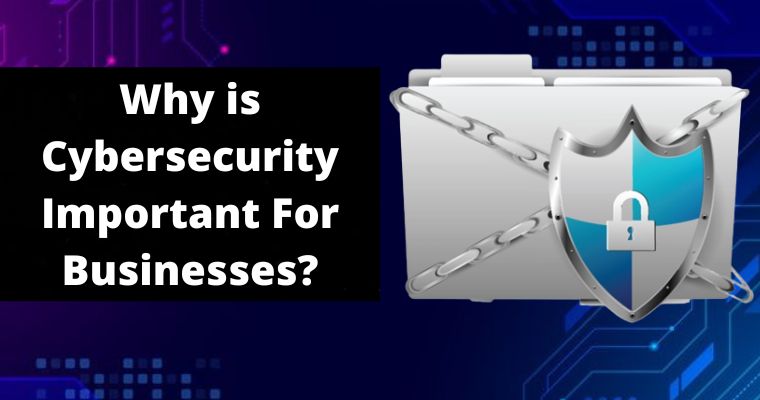There are many benefits to working from home, but it is important that you know the risks and how to mitigate them.
Cybersecurity analysts need to be able to work from anywhere so that they can respond quickly when a security incident occurs.
But this means that they need the right equipment, sophisticated gadgets and a good internet fiber connection to do their job effectively.
Some risks associated with remote work include privacy and confidentiality, cybersecurity and infrastructure, timekeeping and effects on productivity, location-specific incidents, and lack of ability to interact with colleagues in person.
Any company that has an employee working remotely needs to take care that when they are logged in, they’re secure and their information is safe.
In the same way that you would lock your door at work, it’s important that you log out of your home computer before leaving for the day. Check your email and other online accounts for suspicious activities.
What you do in your personal life is not necessarily what other people would want to see or know about.
Remote work can lead to some cybersecurity risks because of the lack of physical access to company servers, such as cyber-attacks and hacking.
A remote worker who has worked remotely for a while may lose their skills and knowledge due to the disconnect between their physical location and the company.
This can cause them to be less productive, which may lead to a loss of productivity for the entire company.
Remote work can be made possible with a variety of tools that help remote workers stay connected and accomplish their tasks while also protecting their privacy, time and data.
The growing prevalence of remote work has been assisted by a number of tools that help with communications and connectivity.
These tools include but are not limited to:
1. A chat room where users can speak to one another live or via text. This can be helpful when you need to contact someone quickly and don’t have access to their email. /phone.
2. Intercom/chat room replacement that is less focused on live chatting but on private messaging and screen sharing.
3. Voice-over-IP (VOIP) phone system with a team of employees which allows for easy communication and data protection between remote workers and the company’s headquarters
4. Platforms that help people get a sense of the current climate at the company, as well as bring in feedback on the culture.
Some examples of these tools are Slack, Facebook, Google Hangouts, Jive, Skype & Zoom
Advantages and disadvantages of cybersecurity analysts working from home
A cyber security analyst is an information technology professional who specializes in protecting data from cyber-attacks. During the pandemic, the work from home concept was adopted by almost every company.
And because of that some of you might be curious to know about the advantages and disadvantages of cyber security analysts working from home.
Before deciding that you want to work from home, make sure that you have a home office environment and equipment to do the work. If you don’t have one, you have to create an office environment and buy all the equipment needed.
Following are the advantages and disadvantages of working as a cybersecurity analyst from home which you should know before making a decision.


